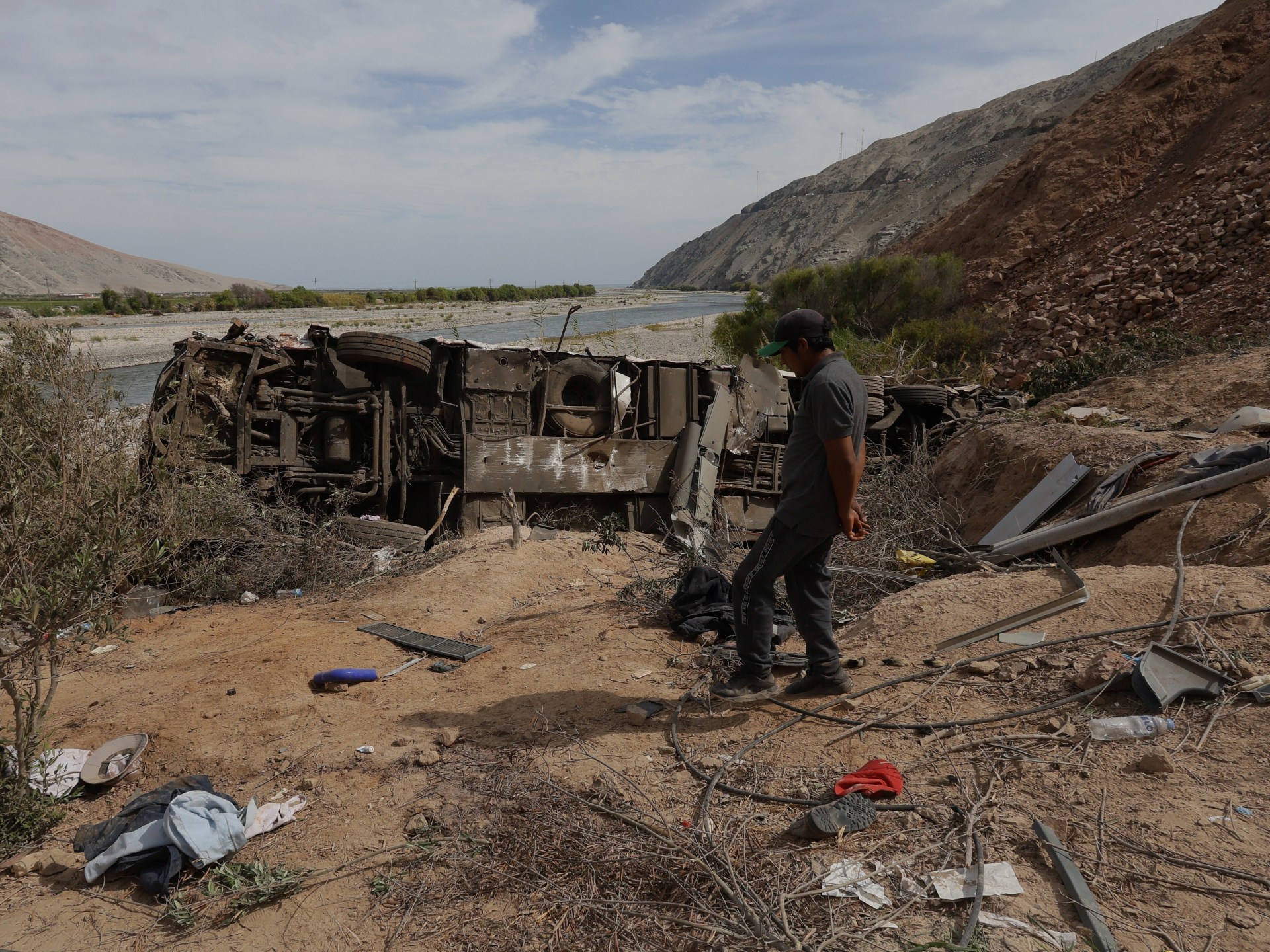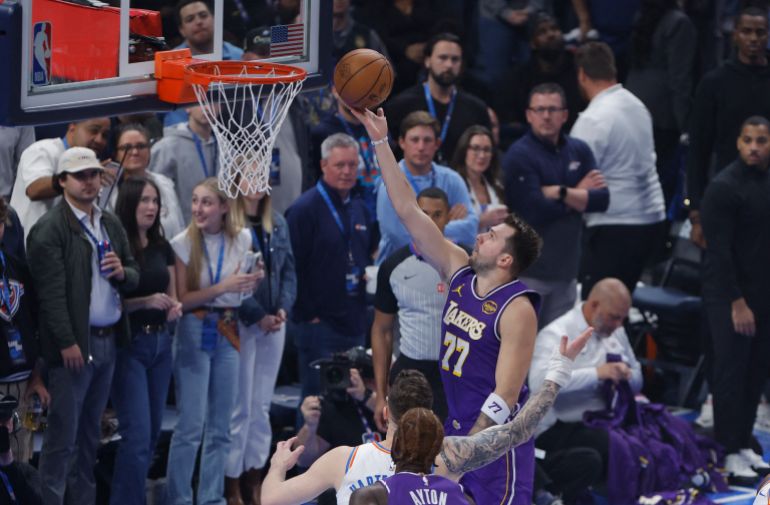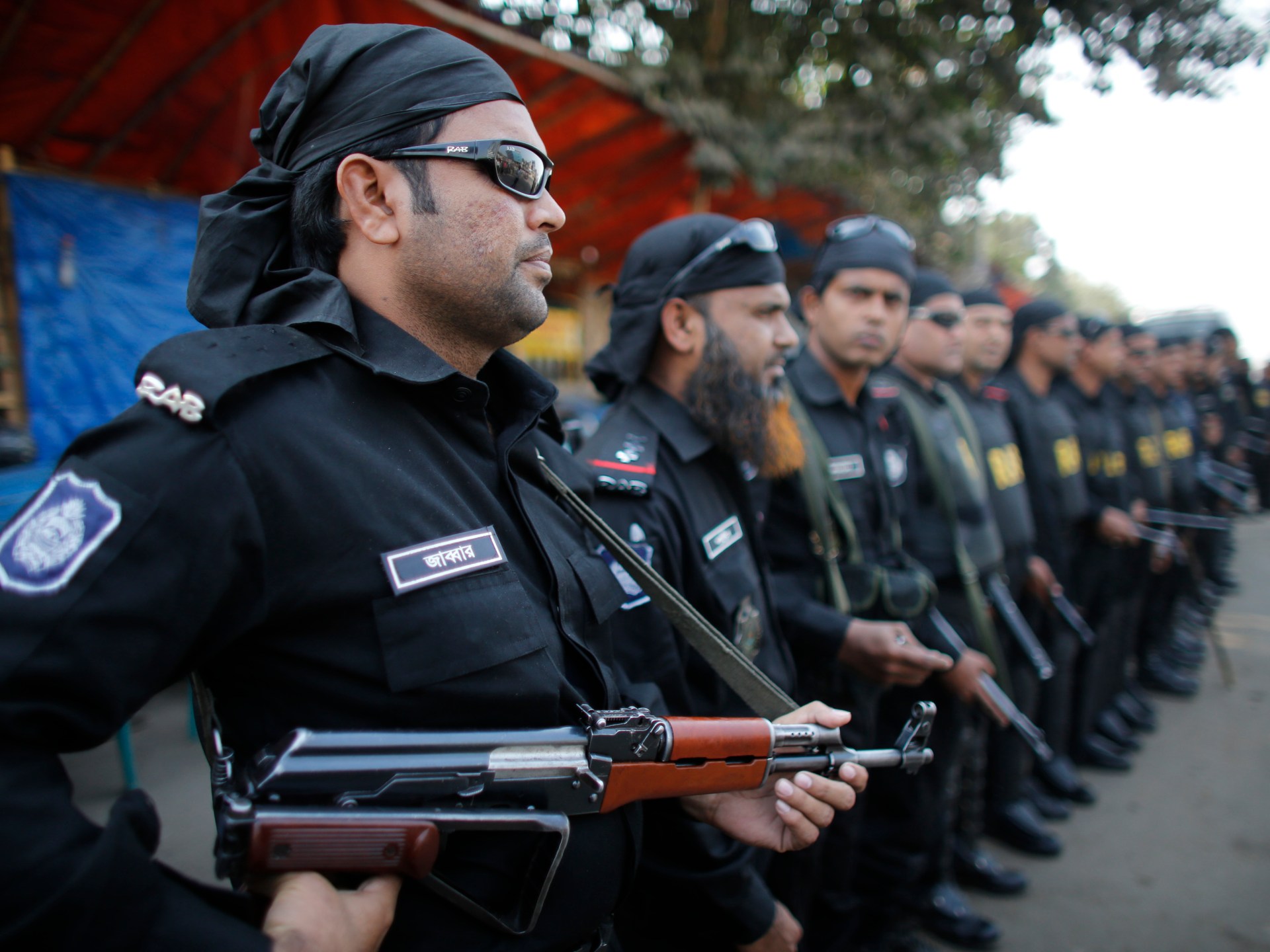And then there was one.
Thomas Tuchel’s latest squad has laid bare the current dearth of English centre-forwards, with Harry Kane the only out-and-out striker in the 25-man group.
Admittedly that is partly down to injury, with Tuchel explaining Ollie Watkins has been rested to manage an ongoing issue, while Dominic Solanke has been sidelined since August and Liam Delap is only just back in action for Chelsea after two months out.
We should not forget that some more versatile forwards have been selected, too. Marcus Rashford, Jarrod Bowen, Phil Foden and Anthony Gordon may not be traditional number nines but they could be asked to play through the middle against Serbia and Albania this week.
Kane has been prolific in the Bundesliga with Bayern Munich this season – but just eight English strikers have appeared in the Premier League in the current campaign and 22-year-old Delap is the only one under the age of 26.
Behind Delap, there does not appear to be a new generation waiting for its chance, either.
England Under-21s went to last summer’s European Championship without a recognised striker and their latest squad includes only one, Manchester City’s Divin Mubama, 21, who is yet to score in the Premier League and is currently on loan at Championship side Stoke.
Fewer games, and different systems
There are some English strikers out there, but when you look at their stats, they are not exactly encouraging.
Danny Welbeck, who turns 35 at the end of the month, and 33-year-old Callum Wilson are the only ones who have scored more than one goal in the Premier League this season.
Of those under consideration by Tuchel who play further afield, Ivan Toney is the most prolific in the current campaign with 11 goals in 15 games for Saudi Pro League side Al-Ahli, whom he joined in 2024.
This shortage of number nines is not down to a sudden drop-off in numbers. Instead it’s a trend that has been going on for a while.
Last season, just three English strikers – Watkins (16), Delap (12) and Welbeck (10) scored 10 or more Premier League goals, the fewest ever.
It’s a far cry from the first season of the Premier League era in 1992-93, when 20 English strikers passed the 10-goal mark.
In recent years, however, what was already a steep decline has fallen off a cliff. Last season, only 67 goals were scored by English strikers, less than half the number in 2020-21.
Kane’s departure from Tottenham for Germany has played a part, of course, but he left for Bayern in 2023 and English strikers still scored 96 goals in 2023-24.
If anything, this campaign is shaping up to be even worse.
So far, English strikers have scored only 11 goals between them – and they are on course for a meagre total of 38 collectively, if they continue at their present rate.
That’s only four more than Andy Cole and Alan Shearer each scored as they topped the Premier League scoring charts 30 years ago.
The decline of English strikers is down to several factors according to BBC pundit Chris Sutton, who passed the 10-goal mark himself in four separate Premier League campaigns, including a 25-goal haul with Norwich in 1993-94, and an 18-goal season with Blackburn that saw him take a share of the Golden Boot in 1997-98.
One reason is a lack of appearances. From the table above, only Welbeck, Watkins and Calvert-Lewin have started more than three league games this season, while Nketiah, Solanke and Barnes have not started any.
“If you look back at the 1990s, players like Jurgen Klinsmann and Dennis Bergkamp started arriving from abroad but the overall number of foreign strikers was much lower,” Sutton explained.
“The number one striker of my era was Shearer but if you went through the teams, then there were so many brilliant English centre-forwards like Ian Wright, Les Ferdinand, Andy Cole, Teddy Sheringham, Robbie Fowler and David Hirst – you could add Stan Collymore and Dion Dublin to that list too.
“There was an unbelievable number of them, even before Michael Owen came through ahead of the 1998 World Cup, and all different types of striker too.
“One of the differences is that they were all playing every week, because how many English centre-forwards start for their clubs in the Premier League now? That’s down to the quality which the clubs can attract from elsewhere.
“Another change we’ve seen is in the way teams are set up. I am not saying everyone was a rigid 4-4-2 back in my day, because that’s nonsense, but far fewer sides play with two strikers now.
Did people stop wanting to be a striker?
Shearer, who formed the devastating ‘SAS’ partnership with Sutton to help Blackburn win the Premier League title in 1995, feels the tactical shifts we have seen over the past 10 to 15 years are the biggest reason for the current shortage of strikers.
“Because of the way kids have been training and the coaching they have had, no-one wants to play at centre-forward because you very rarely get a touch,” the former England captain told The Rest is Football podcast.
“Instead, coaches want a pass from the keeper, a pass to the side, then a pass into midfield… and then it goes back. As a centre-forward you are thinking ‘I am not getting involved’.

Sutton agrees with his old strike partner and, although modern-day wide forwards like Rashford and Bukayo Saka are scoring more goals than old-school wingers ever did, he sees the current situation as “a massive problem”.
“Alan makes a good point about how everyone wants to mess around on the ball these days,” Sutton explained. “Everyone wants to be a creative player off the wide areas, or be a left-footer cutting in off the right wing. Those players can score goals too, but it is very different to having someone who can lead the line.”
Owen, who shared the Premier League Golden Boot with Sutton as an 18-year-old in 1997-98 and won the award outright the following year, feels he would not be considered as a striker if he emerged now.
“In today’s game, I think I would have been one of the wide players,” he told the Rio Ferdinand Presents podcast. “I don’t think I had the stature to occupy two defenders, so I guess I would have played on the left.

‘We’ve got Kane, but then what?’
Playing with two strikers is not an option for Tuchel this week, at least not in the way Owen means.
“Just on numbers alone, the situation is incomparable to the 1990s,” Sutton added. “But when you actually list the players we had then, there was unbelievable depth of quality too and a lot of them didn’t really get a look in for England.
“Ferdinand only won 17 caps but he was phenomenal. Fowler, who only got a few more, was probably the most natural finisher you could ever see. But they were both behind Shearer because he was like a machine with the way he finished.”
Sutton only won one full cap, coming on as a substitute against Cameroon in November 1997, before falling out with then England boss Glenn Hoddle when he turned down a call-up to the England B team in February 1998.
“I can joke about how I messed things up with Hoddle but nowadays you would be rubbing your hands if you are a half-decent striker with a World Cup coming up,” he added. “We have got Kane, but then what?

Related topics
- Football
- England Men’s Football Team








